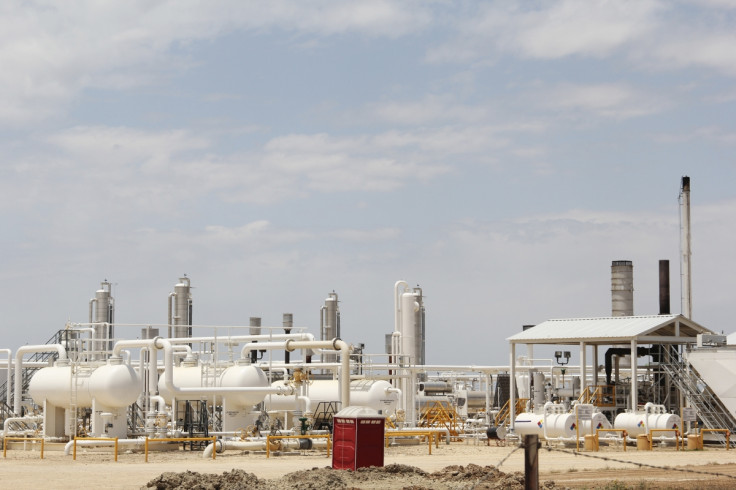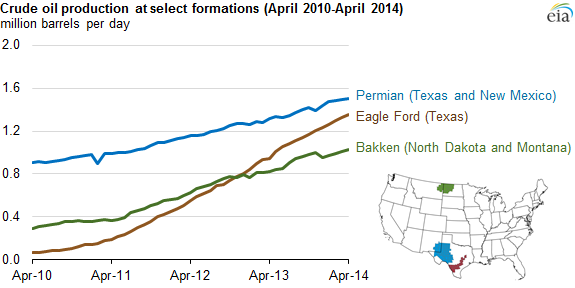Shale-Rich Texas Set to Overtake Opec Major Iraq in Oil Production

Texas is set to overtake Opec favourite Iraq in terms of oil output, thanks to shale boom happening in the US state.
The US Energy Information Administration (EIA) said in a report that oil production in Texas topped three million barrels per day in April for the first time since the late 1970s. The total US production for April was 8.4 million barrels per day.
Iraq's oil output in April was 3.2 million barrels per day, according to Bloomberg estimates. Its oil production declined to 2.9 million barrels per day in June, primarily due to the insurgent violence.
The US state is expected to overtake Iraq, as its production has continued to rise every month since 2011.

Texas is the largest oil producing state in the US, accounting for 36% of the nation's oil production. The state more than doubled its oil production in last three years, according to EIA.
Hydraulic fracturing or fracking has been changing the world energy map. The US has been the first country to take advantage of the technology and start commercial production of shale gas and oil.
As a result, its production skyrocketed, and it currently accounts for more than 10% of total world production. The country is expected to become the world's largest oil producer by 2015, surpassing Russia and Saudi Arabia, according to EIA projections.
It is expected to be net exporter of oil by 2020, as domestic supply outpaces demand.
"Gains in Texas crude oil production come primarily from counties that contain unconventional tight oil and shale reservoirs in the Eagle Ford Shale in the Western Gulf Basin, where drilling has increasingly targeted oil-rich areas, and multiple reservoirs within the Permian Basin in West Texas that have seen a significant increase in horizontal, oil-directed drilling," the EIA said in a statement.
© Copyright IBTimes 2025. All rights reserved.






















